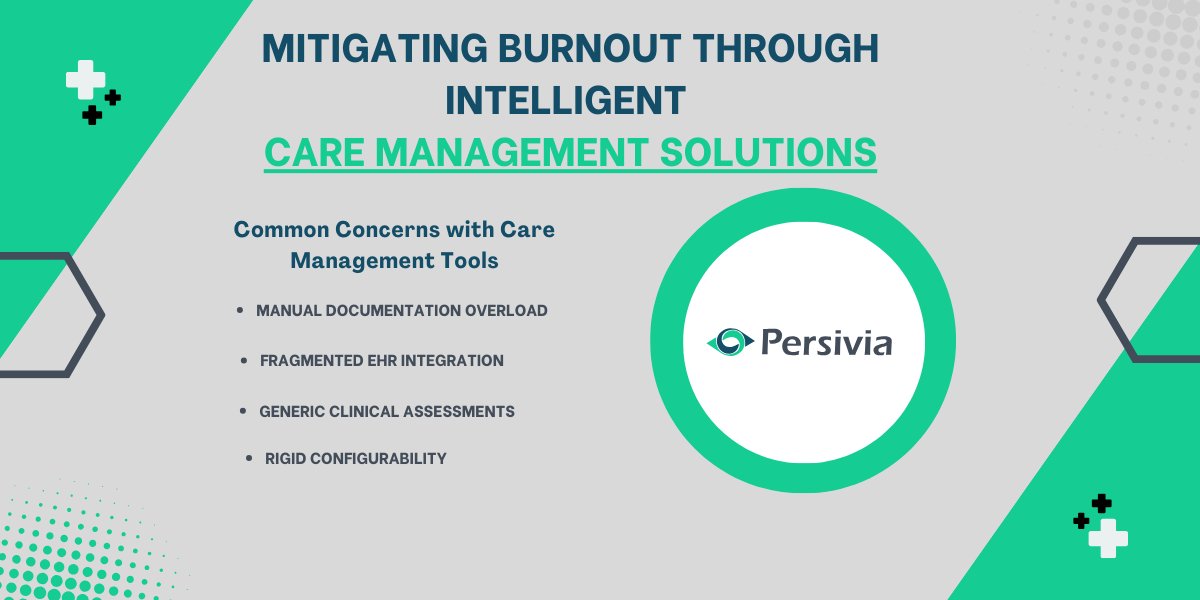
Digital Marketing And Privacy In The Modern Day
The fuel for digital marketing is data. The key medium to attain valuable user data is through tracking. What if users do not want to allow marketers to track them? The chances are users will struggle to stay off the radar.
Marketers know that to sell a product, you must know your audience. And once you do, you need to find them. Online tracking does that: helping companies discover people that would potentially be interested in their products. Nevertheless, the current tensions are at an all-time high, with people looking for a more privacy-preserving way to go online.
So, how will the marketing efforts change with the change in the privacy aspects across the world? Let’s read ahead and find out!
Why Are People Worried About Their Privacy?
Users see many red flags regarding how companies collect and handle their data. In many cases, users have no idea where their data will end. Businesses could explain that they share information, but no specific partners will be named. Have you ever received a marketing email from a company you have never interacted with? Your data was likely shared with it through a mutual connection.
In 2018, a firm named Cambridge Analytica accessed the data of over 89 million Facebook users to manipulate the election results. As it was a privacy violation, Facebook had to pay around $5 billion to settle the investigation lawsuit.
The data breach was without any user consent, and this incident became a turning point in the line of privacy laws.
In light of this incident, many new laws were made to protect user data from unauthorized access.
How Did The Privacy Landscape Change?
The Cambridge Analytics scandal led to many beneficial changes for the users in the privacy landscape.
- A new set of data privacy regulations GDPR was passed in 2018. It allowed the users to opt-in to the collection of personal data.
- The tech-giant Apple made changes to its privacy features. It now gives the opportunity to the users to opt-in to share their unique Identifier for Advertisers (IDFA). The identifier allows the apps like Facebook to track your activities on their app. If the user does not allow this feature, the tracking information will not be shared.
- Google decided to push its plan to end third-party cookies. The company is hard at work preparing for the new standard way of advertising and browsing. However, it might take some time for them to develop a solid foundation that would serve both users and marketers.
- The rise in privacy browsers like DuckDuckGo, Brave, Tor, and many others has been significant. DuckDuckGo witnessed a 62% increase in its traffic in 2020.
- Thousands of users turn to Virtual Private Networks to safeguard their digital identities, traffic, and privacy. A VPN download means you start using a convenient app to mask your IP address and encrypt everything about your internet traffic. In this way, users get to be more private online.
How Are Marketers Affected?
It is easy to understand that if the marketers are unaware of the analytics data, their strategies will go in vain. Moreover, introducing privacy laws and practices has made it harder for them to get the best out of their marketing efforts.
As users tend to ignore a brand if it uses their data without their concern, marketers cannot even think of neglecting the privacy aspects. So, one solution for them is to leverage the analytics data from other platforms for marketing until the time they do something like Apple. Other than that, there are some methods that marketers can use.
How To Attain A Balance Between Privacy And Data-Driven Marketing?
To be successful at marketing in the coming time, you need to be resourceful in reaching the audience. Moreover, you also must be responsible for collecting data. Here are some ways to do it.
Boost Your Communication
Communication will not be like targeting the right customer at the right time. As the scope is wide and you don’t have any analytics information, you must take a different approach. You must amplify the ad and communication. For example, focus on making multiple ads from different perspectives. In short, you must communicate with the audience as much as you can.
Maintain Transparency And Compliance
With evolving privacy aspects, it is not that you cannot access customer’s personal data at all. If you include absolute transparency in your process, customers might share their personal data with you.
Establish a crystal clear and understandable privacy policy for enhanced transparency and compliance.
Moreover, focus on providing the users the ability to opt-out or in of things such as receiving emails.
Analyze Metrics At A Macro Level
If you want to calculate the success of your marketing efforts in the coming time, it is better to focus on the macro level.
Instead of focusing on tracking individual campaigns, go for tracking the entire marketing process. Analyze the results on a broader level. Take a closer look at aspects like ROI, overall ad spending, and customer satisfaction.
Focus On Quality Content
Quality content is always going to be a priority for any marketer. It will help you in getting attention from the audience, and you can convert them into leads.
Creating quality content is a daunting task, especially when you don’t have access to data. You need to do proper research and include interesting elements that meet the need of many users, not just a small subset of them.
Conclusion
It can be tough to capture leads in a world where personalization is absent. But this is not the end. Many other qualitative techniques that marketers can leverage to make things work better.

Law Firm Management: How Technology is Driving Efficiency

Most Popular Social Networks: Dominating Online Platform







